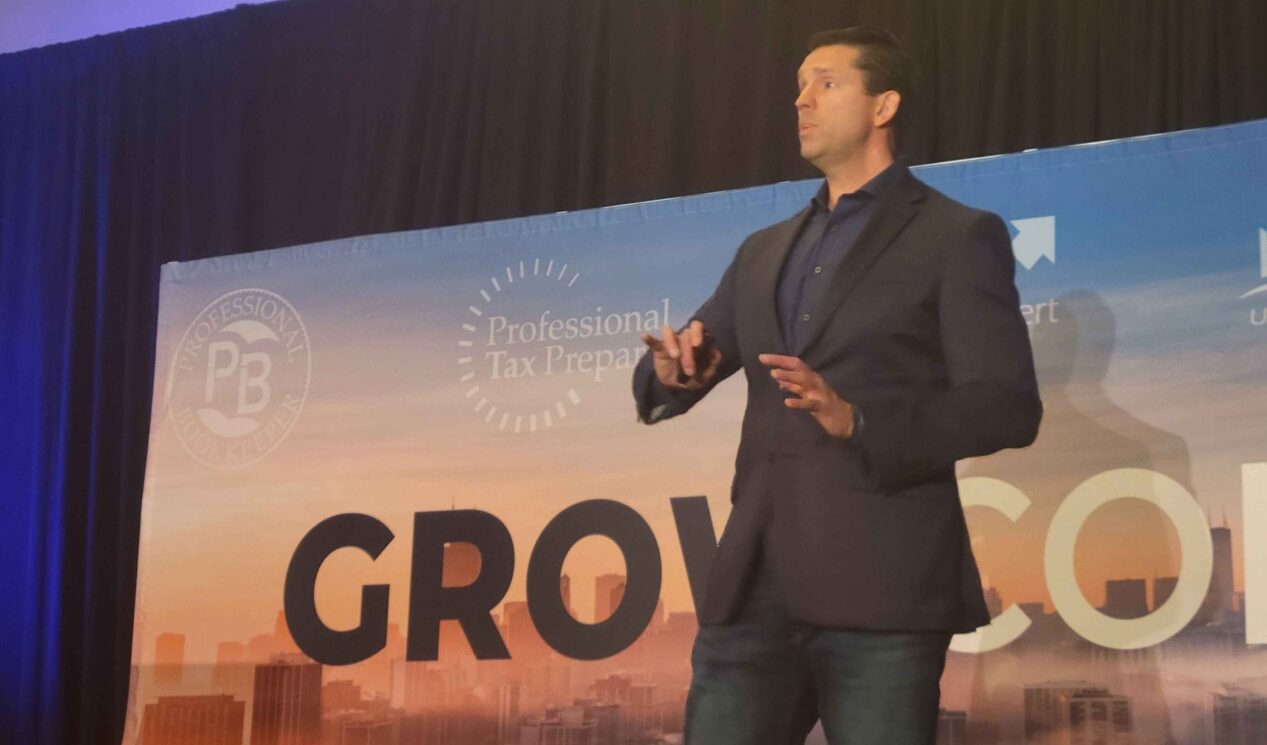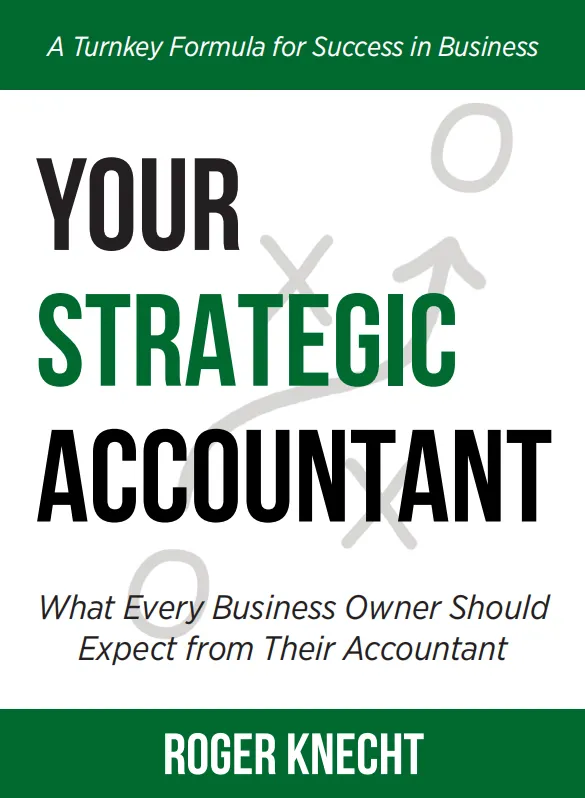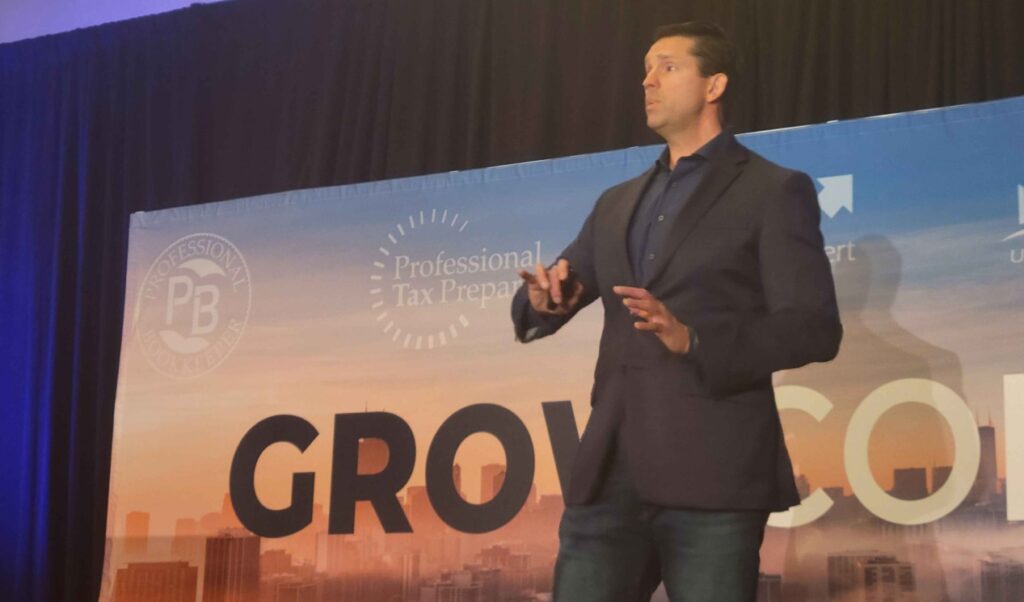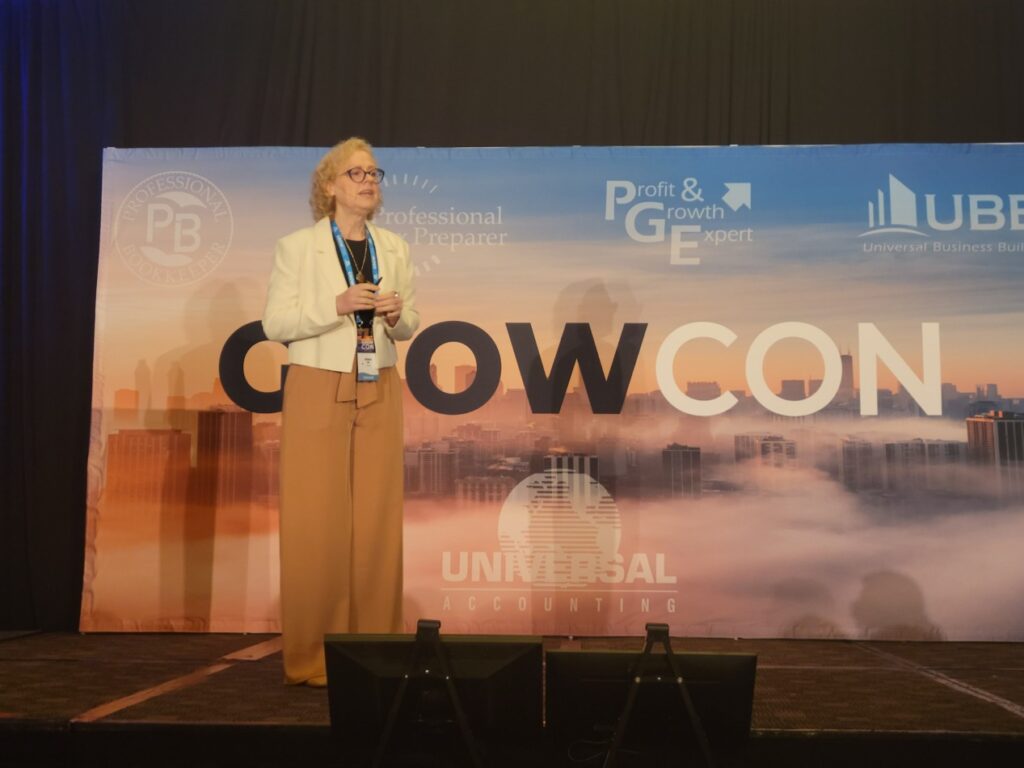The demand for remote tax preparers has grown significantly, offering a flexible career path with the potential for steady income. If you’re interested in becoming a remote tax preparer, this step-by-step guide will walk you through the necessary steps, from training to certification, and even starting your own business.
Understanding the Role of a Remote Tax Preparer
A remote tax preparer helps individuals and businesses prepare and file their taxes from a remote location. This role requires a deep understanding of tax laws, attention to detail, and excellent communication skills to explain complex tax situations to clients.
Step 1: Get the Necessary Education
High School Diploma or GED
The first requirement to become a remote tax preparer is a high school diploma or GED. This is the minimum education requirement for most tax preparation positions.
Consider a Degree
While not mandatory, having a degree in accounting, finance, or a related field can give you an edge. It will provide a solid foundation in tax laws and financial principles.
Step 2: Enroll in Remote Tax Preparer Training
Online Tax Courses
One of the most efficient ways to learn tax preparation is by taking online tax courses. These courses cover essential topics like tax law, filing procedures, and software training.
Certification Programs
Tax preparation careers require comprehensive training to navigate the complexities of tax rules, forms, and deductions. Get certified by enrolling in tax preparer courses and training programs, many of which are available online. These courses provide aspiring professionals with essential skills, including proficiency in professional tax software for efficient income tax preparation. Online platforms offer accessible and thorough training, laying a solid foundation for certification in tax preparation.
Tax preparers must complete a qualifying education course that covers basic tax laws, tax preparation techniques, and ethics. This education is essential for understanding the complexities of tax planning and preparation services.
For specialized skills, aspiring tax professionals can choose programs like the Professional Tax Preparer certification course from the Universal Accounting Center. This self-paced program typically spans 4 to 6 weeks and includes coaching, peer conferences, and access to an exclusive Facebook group. It’s designed for individuals aiming to establish their own tax preparation businesses, providing robust support throughout their journey.
Your business is an asset. You should know its value and understand how to maximize it.
Here are some key details about our Professional Tax Preparer certification (PTP):
Establishing the Tax Preparation Foundation
Learn the entire process for determining income and adjustments to income, which will factor into the Adjusted Gross Income.
Becoming the 1040 Expert
Understand all the adjustments to adjusted gross income, including allowable credits and various deductions and exemptions.
Profitable Business Returns
Complete schedules and forms common to business organizations, understand various business types, and learn to report gain and loss on business property.
Job Placement Assistance
Receive training and help to find better employment, get a promotion, or receive a pay increase with our job placement assistance program. This includes creating a compelling resume, job search activities, interviewing strategies, and post-interview tips.
FOLLOW THIS TURNKEY PROCESS TO GET THE NEW JOB YOU WANT AND DESERVE
Bookkeeping Program Integration
Seamlessly integrate your tax preparation knowledge with our bookkeeping program for a comprehensive understanding of both fields making you a valuable asset to clients who need full-spectrum financial services.
Professional Bookkeeper™ Certification (PB Certification)
Universal Accounting School offers the Professional Bookkeeper™ Certification (PB Certification), tailored for accounting in small to mid-sized businesses. This certification guarantees expertise and addresses the industry’s demand for proficient small business bookkeepers, enhancing your skills, advancing your career, and paving the way for professional success.
During the course, academic coaches are available to guide you through the material and help you prepare for certification exams. After certification, a business coach will assist you in developing a business plan and marketing your services, enabling you to start working with clients within 90 days.
Step 3: Gain Practical Experience
Internships and Volunteer Work
Gaining practical experience is crucial. Look for internships with tax preparation firms or volunteer with organizations that offer free tax preparation services, such as the Volunteer Income Tax Assistance (VITA) program.
Practice with Tax Software
Familiarize yourself with popular tax preparation software. Most of these platforms offer practice modes or demo versions. You will learn to use Universal Accounting’s proprietary tax preparation software, UAC TAX, which streamlines the tax preparation process and enhances accuracy
Step 4: Obtain Your Preparer Tax Identification Number (PTIN)
Apply for a PTIN
All paid tax preparers must have a Preparer Tax Identification Number (PTIN) issued by the IRS. You can apply for a PTIN online through the IRS website. This process is straightforward and typically takes about 15 minutes.
Step 5: Stay Updated on Tax Laws
Continuing Education
Tax laws change frequently, so it’s essential to stay updated. Enroll in continuing education courses to keep your knowledge current. Many online platforms offer courses that focus on the latest tax laws and regulations.
Join Professional Organizations
Consider joining professional organizations. These organizations provide resources, networking opportunities, and updates on tax law changes.

Step 6: Start Your Own Business
Learn a turnkey process to start a successful tax preparer business, including proven marketing strategies, pricing, client interviewing for tax planning and preparation services, and more.
Create a Business Plan
If you want to start your own remote tax preparation business, you’ll need a solid business plan. Outline your services, target market, pricing strategy, and marketing plan.
Register Your Business
Choose a business name and register it with your state’s business registration office. Depending on your location, you may also need to obtain a business license and comply with local regulations.
Set Up Your Home Office
A well-organized home office is essential for remote work. Ensure you have a reliable computer, high-speed internet, and secure storage for sensitive client information.
Invest in Professional Tax Software
Invest in professional tax software that allows you to prepare and file multiple types of tax returns. Look for software that offers e-filing, client management, and secure data storage.
Step 7: Market Your Services
Build a Website
Create a professional website that highlights your services, qualifications, and contact information. Include client testimonials and a blog to showcase your expertise.
Utilize Social Media
Promote your services on social media platforms like Facebook, LinkedIn, and Twitter. Share tax tips, updates, and engage with potential clients.
Network with Other Professionals
Networking can help you gain referrals and build relationships with other professionals, such as accountants and financial advisors. Attend industry conferences, join online forums, and participate in local business groups.
Offer Promotions and Discounts
Attract new clients by offering promotions and discounts, especially during tax season. Consider offering a free consultation or a discount for first-time clients.
Step 8: Provide Exceptional Client Service
Communicate Clearly
Effective communication is key to building trust with your clients. Explain tax concepts in simple terms and keep clients informed throughout the preparation process.
Ensure Accuracy
Double-check all tax returns for accuracy to avoid errors that could lead to audits or penalties. Use checklists and review tools provided by your tax software.
Maintain Confidentiality
Protecting client information is crucial. Use secure methods for storing and transmitting data, and never share client information without permission.

Step 9: Expand Your Knowledge and Services
Additional Certifications
Consider obtaining additional certifications, such as becoming an Enrolled Agent (EA) or a Certified Public Accountant (CPA). These credentials can expand your service offerings and increase your earning potential.
Offer Year-Round Services
Expand your business by offering year-round services such as bookkeeping, payroll, and financial planning. This can provide a steady income stream outside of tax season.
News
Investment in AI-driven accounting technologies is on the rise, reflecting the sector’s ongoing evolution. Recent funding rounds have shown strong interest in automating routine tasks within bookkeeping and auditing, with several startups securing substantial investments. Although the sector saw over $700 million in funding in 2023 and is off to a strong start in 2024, the adoption of AI is expected to streamline many repetitive processes while complex financial scenarios may still rely on traditional approaches.
Conclusion
Becoming a remote tax preparer is a rewarding career that offers flexibility and the potential for growth. By following these steps and continually improving your skills, you can build a successful remote tax preparation business. Start your journey today and take advantage of the growing demand for remote tax services.
This guide provides a comprehensive overview of the steps required to become a remote tax preparer. By following these steps, you can build a successful career in tax preparation and enjoy the benefits of working remotely.













